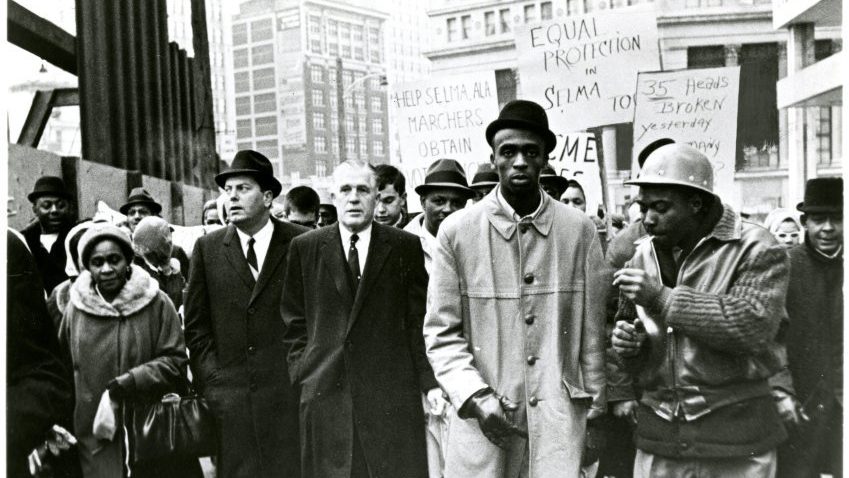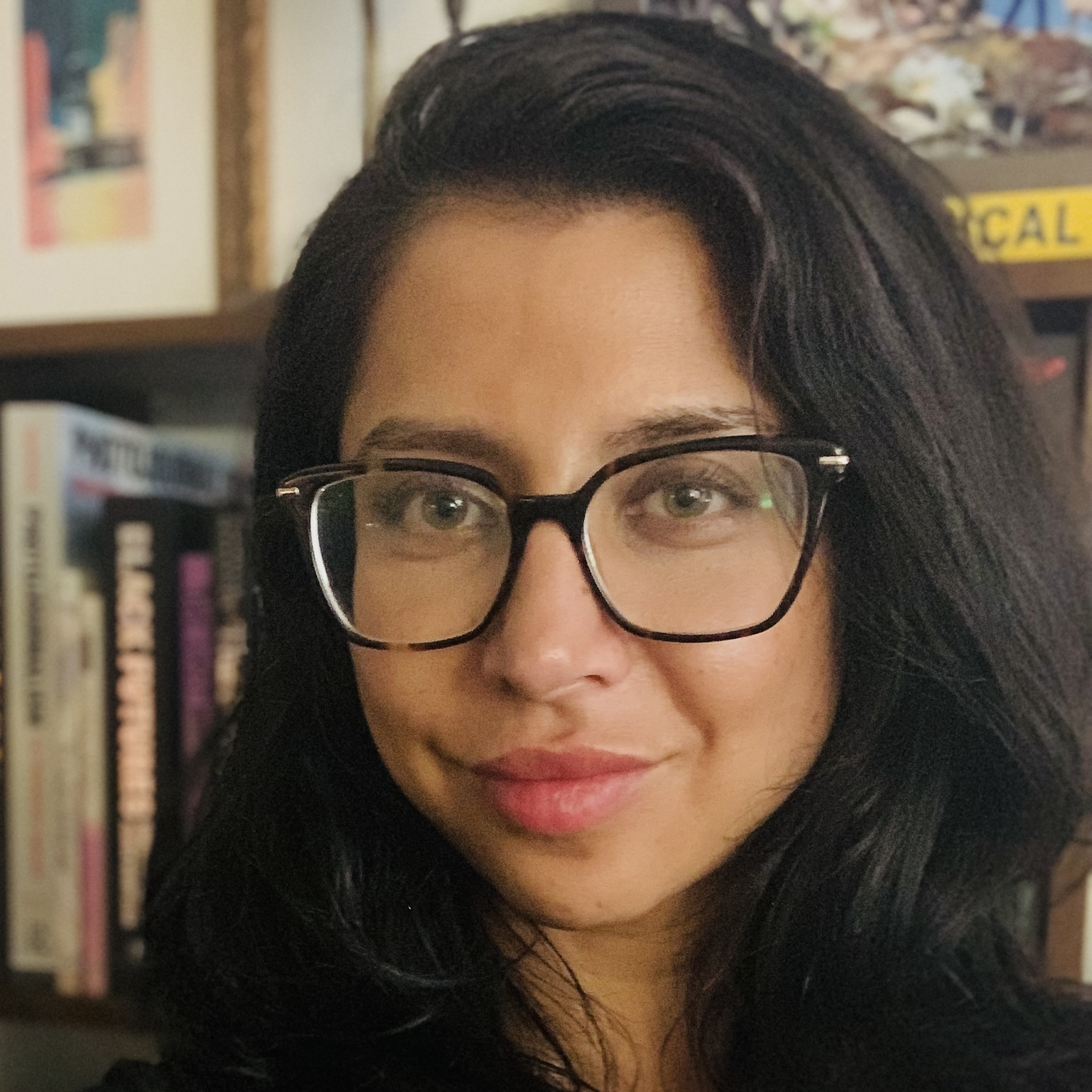The Metro: 60 years since Voting Rights Act of 1965
Robyn Vincent, The Metro February 20, 2025It’s been 60 years since a pivotal moment in the fight for equality in America.

Former Michigan Gov. George Romney and former Detroit Mayor Jerome Cavanaugh at the front of a 10,000-person march at Fort Street and Woodward Avenue in Detroit, in solidarity with the 1965 Selma to Montgomery voting rights marches.
It’s been 60 years since a pivotal moment in the fight for equality in America.
In March 1965, Reverend Dr. Martin Luther King Jr. led protestors on a three-day, 54-mile march from Selma to Montgomery, Alabama. Marchers were met with violence by Alabama State Troopers. The appalling scene was broadcast on live television on what is now called “Bloody Sunday.”
Images of Alabama state troopers using whips, batons, and tear gas to beat back the peaceful protestors shocked Americans. It was a watershed moment that eventually led to the passage of the Voting Rights Act of 1965, signed into law by President Lyndon B. Johnson.
Since then, as years become decades, the struggle for equal rights and freedoms for all Americans has taken many turns. The fight for equal rights today looks very different in some ways. In other ways, it feels the same as it ever was.
To reflect on what’s changed and what stayed the same, we’re joined by Vice President of the Brennan Center for Justice Kareem Crayton.
Hear more stories from The Metro on Wednesday, Feb. 19, 2025.
Listen to The Metro weekdays from 10 a.m. to noon ET on 101.9 FM and streaming on-demand.
Trusted, accurate, up-to-date.
WDET strives to make our journalism accessible to everyone. As a public media institution, we maintain our journalistic integrity through independent support from readers like you. If you value WDET as your source of news, music and conversation, please make a gift today. Donate today »Authors
-
 Robyn Vincent is the co-host of The Metro on WDET. She is an award-winning journalist, a lifelong listener of WDET, and a graduate of Wayne State University, where she studied journalism. Before returning home to Detroit, she was a reporter, producer, editor, and executive producer for NPR stations in the Mountain West, including her favorite Western station, KUNC. She received a national fellowship from Investigative Reporters and Editors for her investigative work that probed the unchecked power of sheriffs in Colorado. She was also the editor-in-chief of an alternative weekly newspaper in Wyoming, leading the paper to win its first national award for a series she directed tracing one reporter’s experience living and working with Syrian refugees.
Robyn Vincent is the co-host of The Metro on WDET. She is an award-winning journalist, a lifelong listener of WDET, and a graduate of Wayne State University, where she studied journalism. Before returning home to Detroit, she was a reporter, producer, editor, and executive producer for NPR stations in the Mountain West, including her favorite Western station, KUNC. She received a national fellowship from Investigative Reporters and Editors for her investigative work that probed the unchecked power of sheriffs in Colorado. She was also the editor-in-chief of an alternative weekly newspaper in Wyoming, leading the paper to win its first national award for a series she directed tracing one reporter’s experience living and working with Syrian refugees. -

